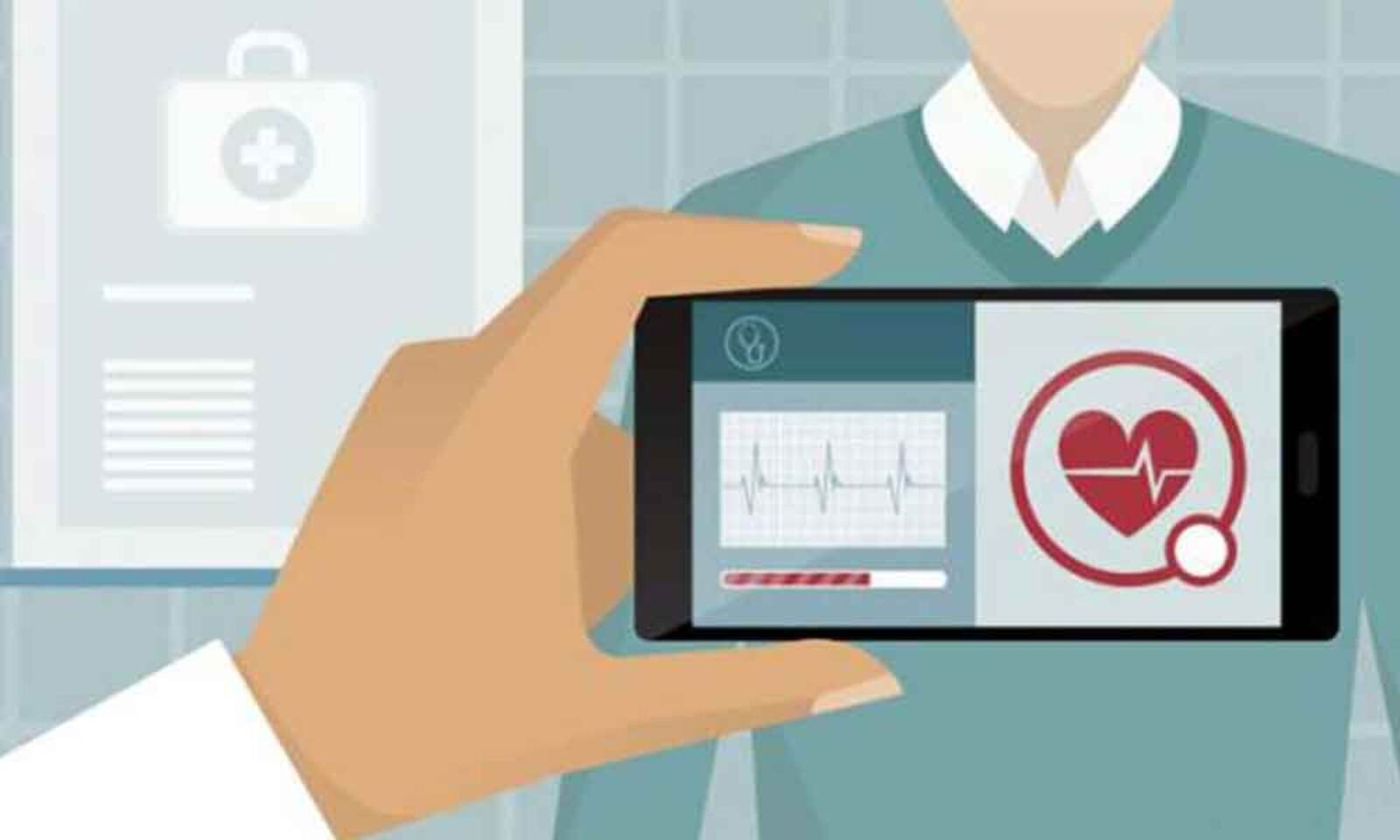Telemedicine has revolutionized the healthcare industry by making medical services more accessible to people in remote areas and by reducing the need for in-person visits. With the rise of artificial intelligence (AI), the role of telemedicine is about to change dramatically, as AI is poised to replace telemedicine and have a significant impact on healthcare jobs.
AI technology has the potential to enhance telemedicine by providing more accurate diagnoses and treatment recommendations, reducing the need for human intervention. For example, AI algorithms can analyze large amounts of patient data, such as medical records, lab results, and imaging scans, to help diagnose and treat conditions more accurately and efficiently. This can improve patient outcomes and reduce the burden on healthcare providers, who often struggle to keep up with the high demand for their services.
One of the key benefits of AI in telemedicine is its ability to automate routine tasks, such as scheduling appointments, taking medical histories, and performing simple diagnostic tests. This can free up healthcare providers to focus on more complex tasks, such as diagnosing and treating patients, and provide more time for patient care. This is particularly important in the current healthcare landscape, where healthcare providers are facing an ever-increasing demand for their services, and many are struggling to keep up with the demand.
Another important aspect of AI in telemedicine is its ability to support remote patient monitoring. With AI-powered telemedicine, patients can be monitored in real-time from their homes, using wearable devices, such as fitness trackers and smartwatches, that track their vital signs, such as heart rate and blood pressure. This can help healthcare providers identify potential health issues before they become more serious, and provide early intervention and treatment, which can significantly improve patient outcomes.
However, while AI has the potential to revolutionize telemedicine and improve healthcare, it also raises some important questions about the future of healthcare jobs. Many people are concerned that AI technology will replace human healthcare workers, leading to job losses and a reduction in the quality of care.
The truth is that AI is not likely to replace human healthcare workers entirely, but rather it will augment their skills and abilities, allowing them to provide better care for patients. AI will likely take over many of the routine and administrative tasks that healthcare workers currently perform, freeing up time for them to focus on more complex and higher-level tasks, such as diagnosing and treating patients.
In fact, the widespread adoption of AI in telemedicine is likely to create new healthcare jobs, particularly in the areas of data analysis and technology management. As AI systems become more sophisticated, healthcare organizations will need skilled workers to manage and maintain them, ensuring that they continue to function optimally and provide accurate and reliable results.
Additionally, the use of AI in telemedicine is likely to increase demand for healthcare workers who are trained in the use of technology, such as medical informatics specialists and clinical informaticists. These professionals will be responsible for integrating AI technology into healthcare organizations and training healthcare workers to use it effectively.
In conclusion, while the use of AI in telemedicine is likely to have a significant impact on healthcare jobs, it is important to recognize that it will not necessarily lead to job losses. Instead, AI is likely to augment the skills and abilities of healthcare workers, allowing them to provide better care for patients. As healthcare organizations adopt AI technology, there will be a growing demand for healthcare workers who are trained in its use, leading to the creation of new jobs and a more efficient and effective healthcare system.
*This article was produced with the assistance of artificial intelligence. Please always check and confirm with your own sources, and always consult with your healthcare professional when seeking medical treatment.








